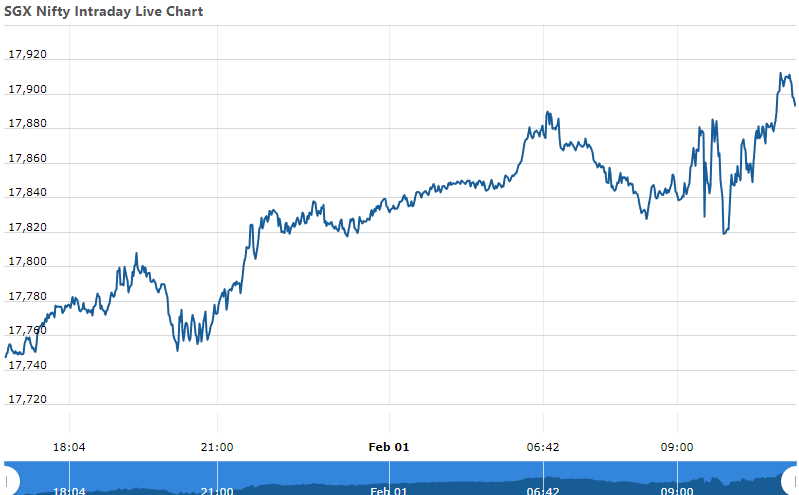
Oil prices closed steady on Tuesday after recovering from a near three-week low, drawing support from a weakening dollar and on data showing that demand for U.S. crude and petroleum products rose in November.
The more active second-month Brent contract settled at $85.46 a barrel, up 96 cents or 1%, while the U.S. West Texas Intermediate crude futures settled at $78.87 a barrel, up 97 cents or 1.3%.
More volatility on the day of expiration kept the front-month contract under pressure as traders closed positions, said Mizuho analyst Robert Yawger. The front-month contract settled at $84.49 a barrel, down 41 cents.
During the session, front-month Brent and WTI futures touched their lowest in almost three weeks as traders worried about prospects for further interest rate increases and abundant flows of Russian crude.
The Brent April futures and U.S. front-month WTI gained after the U.S. Energy Information Administration reported that demand for U.S. crude and petroleum products rose 178,000 barrels per day (bpd) in November to 20.59 million bpd, the highest since August.
Crude benchmarks were also supported by a weaker U.S. dollar, UBS analyst Giovanni Staunovo said. This makes dollar-denominated crude cheaper for foreign buyers.
The dollar index turned negative after U.S. data showed labour costs increased at their slowest pace in a year in the fourth quarter as wage growth slowed, bolstering expectations of the Fed slowing its interest rate increases.
Investors expect the Fed to raise rates by 25 basis points on Wednesday, with increases of half a percentage point by the Bank of England and European Central Bank the following day.
An OPEC panel is likely to recommend keeping the group’s output policy unchanged when it meets on Wednesday, delegates told Reuters on Monday.
However, Tuesday’s weakness in front-month Brent prices may cause concern in the group, Yawger said. This widened the contango in the market, which occurs when futures prices show a commodity’s price is expected to be much higher in the future.
A Reuters survey shows 49 economists and analysts expect Brent crude to average more than $90 a barrel this year, the first upward revision since a poll in October, with gains likely driven by demand from top consumer China.
Separately, U.S. crude oil stockpiles are likely to have risen last week, a Reuters poll showed ahead of an American Petroleum Institute report due at 4:30 p.m. ET on Tuesday.

Recent Comments